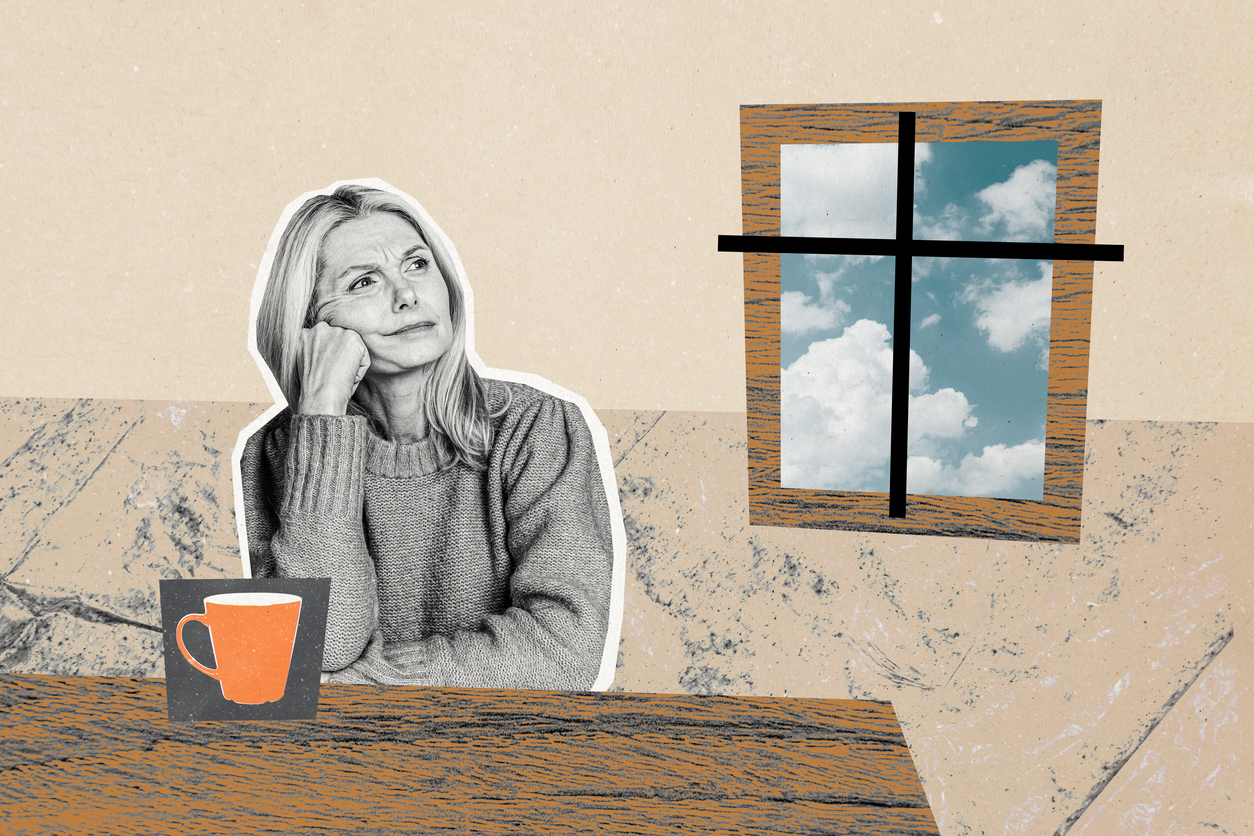Therapy Fatigue Is Real: How to Know When You Need a Pause — Not a Breakthrough

We often think of therapy as a linear journey—one that always moves forward toward insight, healing, or greater resilience. But what happens when that progress stalls? Or when the very process that’s meant to support you starts to feel like another emotional demand on your already full plate?
If you’ve ever left a session feeling more depleted than grounded, or found yourself dreading appointments rather than looking forward to them, you’re not alone. Therapy fatigue is real. And sometimes, what you need isn’t another breakthrough—but a pause.
Understanding Therapy Fatigue
Therapy fatigue refers to the emotional and cognitive exhaustion that can come from sustained therapeutic work. It’s not uncommon—especially among high-achieving professionals and conscientious parents who are used to pushing through discomfort.
In my work with clients navigating complex emotional terrain while maintaining demanding careers or family responsibilities, I often see therapy fatigue emerge quietly. It might start with subtle disengagement or surface as a sense of stagnation. But left unaddressed, it can lead to deeper disconnection—not just from therapy, but from yourself.
This isn’t a sign of failure or resistance. It’s often a signal that your system needs rest and recalibration—just like your body does after intense physical training.
Signs You Might Need a Pause
Recognising the signs of therapy fatigue is the first step toward addressing it constructively. Here are some indicators I encourage my clients to reflect on:
- Stagnation: You’re not seeing meaningful progress, and sessions start to feel repetitive or unproductive.
- Decreased Motivation: You feel emotionally flat or even resistant before sessions—perhaps dreading them or questioning their value.
- Emotional Exhaustion: You leave sessions feeling drained rather than relieved or reflective. This fatigue spills over into other areas of life.
- Irritation or Overwhelm: Discussions that previously felt helpful now feel like too much—too intense, too personal, too effortful.
If any of these resonate with you, it doesn’t necessarily mean something is “wrong” with your therapeutic process. It may simply mean it’s time to take stock—with care and curiosity.

Self-Reflection Prompts
Not all slow periods in therapy indicate burnout—but they do offer an opportunity for self-inquiry. Here are some prompts I use with clients navigating potential therapy fatigue:
- How do I feel after sessions?
If you consistently feel heavier, anxious, or numbed out after talking things through, it may be worth exploring why that is happening now. - Are my goals still relevant?
The work you started months ago may no longer reflect your current needs or priorities—especially if life circumstances have shifted. - Is my therapy schedule sustainable?
If your weekly sessions feel like another calendar obligation rather than an anchor point in your week, consider whether the pacing still works for you. - Is this still the right modality for me?
You might be in talk-based therapy but actually need something more somatic, creative, or systemic at this stage of your healing.
This kind of reflection isn’t about critiquing the process—it’s about making sure it’s still aligned with where you are now.
Discussing Fatigue with Your Therapist
This may be one of the hardest steps—but it’s also one of the most important. Your therapist is there not only to support change but also to adapt the process when it stops serving you effectively.
Name what you’re noticing:
You don’t need perfect language—just honesty. Try: “I’ve noticed I’m feeling drained after our sessions lately,” or “I’m wondering if I need something different right now.”
Offer constructive feedback:
If certain topics feel too heavy right now—or if you’re longing for more structure or lightness—say so. Therapy isn’t static; it should evolve with you.
Explore alternatives together:
This might include adjusting frequency (e.g., bi-weekly instead of weekly), shifting focus for a few sessions, integrating different modalities (like systemic constellations), or even taking a structured pause.
A thoughtful therapist will welcome this kind of dialogue—not view it as resistance but as an invitation to tailor the process more wisely.
Rejuvenating Your Therapeutic Journey
A pause doesn’t mean quitting. In fact, many of my clients who take mindful breaks come back with renewed clarity—and often make significant strides because they allowed themselves space to integrate what they’d already done.
Mindful Breaks:
Create a pause with intention—not avoidance. Schedule check-ins every few weeks with yourself (or your therapist) during the break period.
Alternative Supports:
You might explore group therapy formats where relational dynamics are front-and-centre—or turn attention toward practices like journalling, coaching, physical movement, or restorative rest.
Create Closure (for now):
If you’re pausing formally, agree on a plan for re-evaluation. That could mean scheduling a check-in session in six weeks or writing down current insights you’d like to revisit later.
Return With Intention:
The most powerful returns come when clients have taken time to reflect on what was working and what wasn’t—and arrive ready to re-engage from a new vantage point.
This space can be deeply nourishing—especially if you’ve been doing intense inner work for some time without pause. Integration is not passive; it’s part of transformation.
Conclusion and Next Steps
If therapy has started to feel more like another task than a resource—or if you’ve been feeling emotionally overextended by the process—it may be time not for another deep dive but for a deep breath.
Therapy fatigue doesn’t mean you’re failing at healing—it means your system is asking for something different right now.
A strategic pause can be exactly what’s needed: time to integrate past work, recalibrate goals, and return with perspective that moves things forward again—on your terms.
If you’re wondering whether you’re experiencing therapy fatigue—or how best to navigate it—I invite you to reflect gently on where you are in your journey. And if you’d like support unpacking this further in session—or through other formats such as coaching or systemic work—please feel free to reach out.
Your healing doesn’t have an expiry date—and neither does your right to rest along the way.


